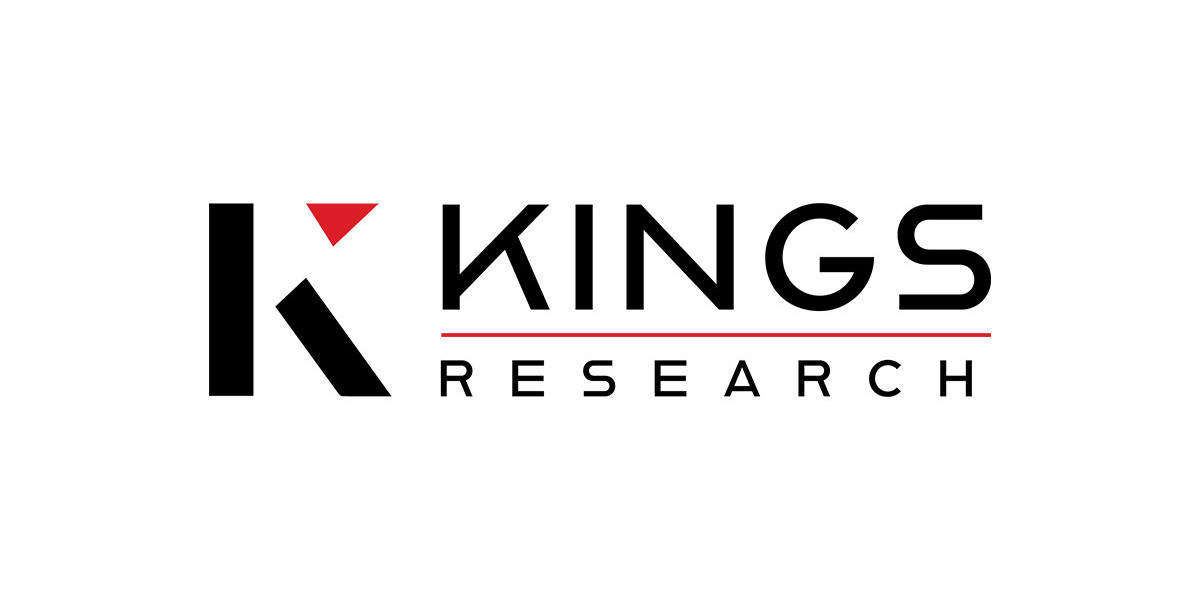A new market analysis highlights the substantial and accelerating expansion anticipated in the global Diabetes Supplements Market. Valued at USD 7.2 billion in 2023, the market is projected to reach a remarkable USD 11.3 billion by 2031, exhibiting a robust Compound Annual Growth Rate (CAGR) of 8% during the forecast period. This strong growth is primarily driven by the rising prevalence of diabetes worldwide and increasing awareness about the importance of nutritional management in diabetes care.
Read Complete Report Details: https://www.extrapolate.com/healthcare-medical-devices-biotechnology/diabetes-supplements-market/25779
Report Highlights
The comprehensive report analyzes the global Diabetes Supplements Market, segmenting it by Disease Type (Type-1, Type-2), by Type (Vitamins, Minerals, Herbal, Proteins, Antioxidant & Fatty Acids, Dietary Fibers, Others), by Dosage Form (Tablets, Solution, Powder, Others), by Distribution Channel (Hospital Pharmacies, Retail Pharmacies, Online, Others), and Regional Analysis. This detailed segmentation provides valuable insights into the market's dynamics and emerging trends.
Key Market Drivers
- Rising Global Prevalence of Diabetes: The escalating number of individuals diagnosed with both Type 1 and Type 2 diabetes worldwide is the primary driver. This growing patient pool significantly increases the demand for various supportive therapies, including dietary supplements to manage the condition and prevent complications.
- Increasing Awareness of Nutritional Management: There is a growing understanding among patients and healthcare professionals about the crucial role of diet and specific nutrients in managing blood sugar levels, improving insulin sensitivity, and reducing the risk of diabetes-related complications. This awareness drives the adoption of diabetes-specific supplements.
- Shift Towards Preventive Healthcare and Holistic Approaches: Many individuals are increasingly seeking preventive measures and holistic approaches to health, including the use of supplements, to manage chronic conditions like diabetes or to mitigate its progression.
- Growing Research and Development in Diabetes Nutrition: Ongoing scientific research is identifying specific vitamins, minerals, herbal extracts, and other compounds that may offer benefits for blood sugar control, nerve health, and antioxidant support in diabetic individuals, leading to new product development.
- Ease of Accessibility and Consumer Self-Care: The widespread availability of diabetes supplements through various distribution channels, including online platforms, empowers individuals to take a more active role in their self-care and dietary management.
- Marketing and Promotion by Manufacturers: Active marketing and educational campaigns by supplement manufacturers, often highlighting the benefits of specific ingredients, contribute to increased consumer awareness and product adoption.
Key Market Trends
- Type-2 Diabetes Segment Dominance: The "Type-2" diabetes segment holds the largest market share by disease type, primarily due to its significantly higher global prevalence compared to Type 1 diabetes. Nutritional management plays a crucial role in Type 2 diabetes care.
- Vitamins and Minerals as Leading Supplement Types: "Vitamins" (e.g., Vitamin D, B vitamins) and "Minerals" (e.g., Chromium, Magnesium, Zinc) are major segments within the market. These are often recommended to address common deficiencies in diabetic individuals and support metabolic functions.
- Tablets as the Preferred Dosage Form: "Tablets" continue to be the dominant dosage form due to their convenience, accurate dosing, and ease of manufacturing. However, powders and solutions are also gaining traction for specific applications.
- Retail Pharmacies and Online Channels for Distribution: "Retail Pharmacies" remain a strong distribution channel, offering accessibility and professional advice. The "Online" channel is experiencing significant growth, driven by convenience, wider product selection, and competitive pricing.
- Rise of Herbal and Natural Supplements: There is a growing trend towards "Herbal" and natural supplements (e.g., bitter melon, fenugreek, cinnamon, Gymnema Sylvestre), driven by consumer preference for natural remedies and traditional medicine, particularly in Asia-Pacific.
- Focus on Antioxidants & Fatty Acids: The "Antioxidant & Fatty Acids" segment (e.g., Alpha-lipoic acid, Omega-3 fatty acids) is gaining traction due to their potential role in reducing oxidative stress and inflammation, common in diabetes, and supporting cardiovascular health.
- Combination Supplements: The market is seeing an increase in combination supplements that blend multiple vitamins, minerals, herbal extracts, and other beneficial compounds designed to provide comprehensive support for various aspects of diabetes management.
- Personalized Nutrition Approaches: An emerging trend is the move towards more personalized nutrition and supplement recommendations for diabetes, based on individual patient profiles, genetic predispositions, and specific nutritional deficiencies.
- Clinical Research and Evidence-Based Products: Manufacturers are increasingly investing in clinical research to substantiate the efficacy and safety of their diabetes supplements, aiming to provide evidence-based products to healthcare professionals and consumers.
- North America and Asia-Pacific as Key Markets: North America holds a significant market share due to high awareness, substantial healthcare spending, and a large diabetic population. The Asia-Pacific region is projected to be the fastest-growing market, driven by the massive diabetic population, increasing health awareness, and the growing acceptance of dietary supplements in countries like China and India.
Key Challenges
- Lack of Strong Scientific Evidence for All Supplements: While some ingredients have promising research, not all diabetes supplements have robust clinical evidence to support their efficacy and safety, leading to skepticism among healthcare professionals and consumers.
- Regulatory Scrutiny and Misleading Claims: The supplement market often faces challenges related to inadequate regulation, potential for misleading health claims, and issues with product quality or purity, which can erode consumer trust.
- Interaction with Medications: There is a risk of adverse interactions between certain diabetes supplements and prescribed medications (e.g., blood thinners, blood sugar-lowering drugs), requiring careful monitoring and professional guidance.
- Variability in Product Quality and Potency: The quality, potency, and bioavailability of active ingredients can vary significantly between different brands and batches of supplements, making it difficult for consumers to choose effective products.
- Consumer Confusion and Information Overload: The vast array of available diabetes supplements and conflicting information can lead to consumer confusion regarding appropriate choices and dosages.
- Adherence and Compliance: Even when beneficial, consistent adherence to supplement regimens can be a challenge for patients, impacting the overall effectiveness of the intervention.
- Targeting Specific Needs: Developing supplements that effectively cater to the distinct nutritional needs and metabolic characteristics of individuals with Type 1 vs. Type 2 diabetes, or those with specific complications, remains an ongoing challenge for product development.
This report offers a strategic overview of the global Diabetes Supplements Market, providing valuable insights for supplement manufacturers, pharmaceutical companies with supplement divisions, ingredient suppliers, nutraceutical companies, healthcare providers, and investors seeking to capitalize on the growing demand for supportive nutritional therapies in diabetes management.








